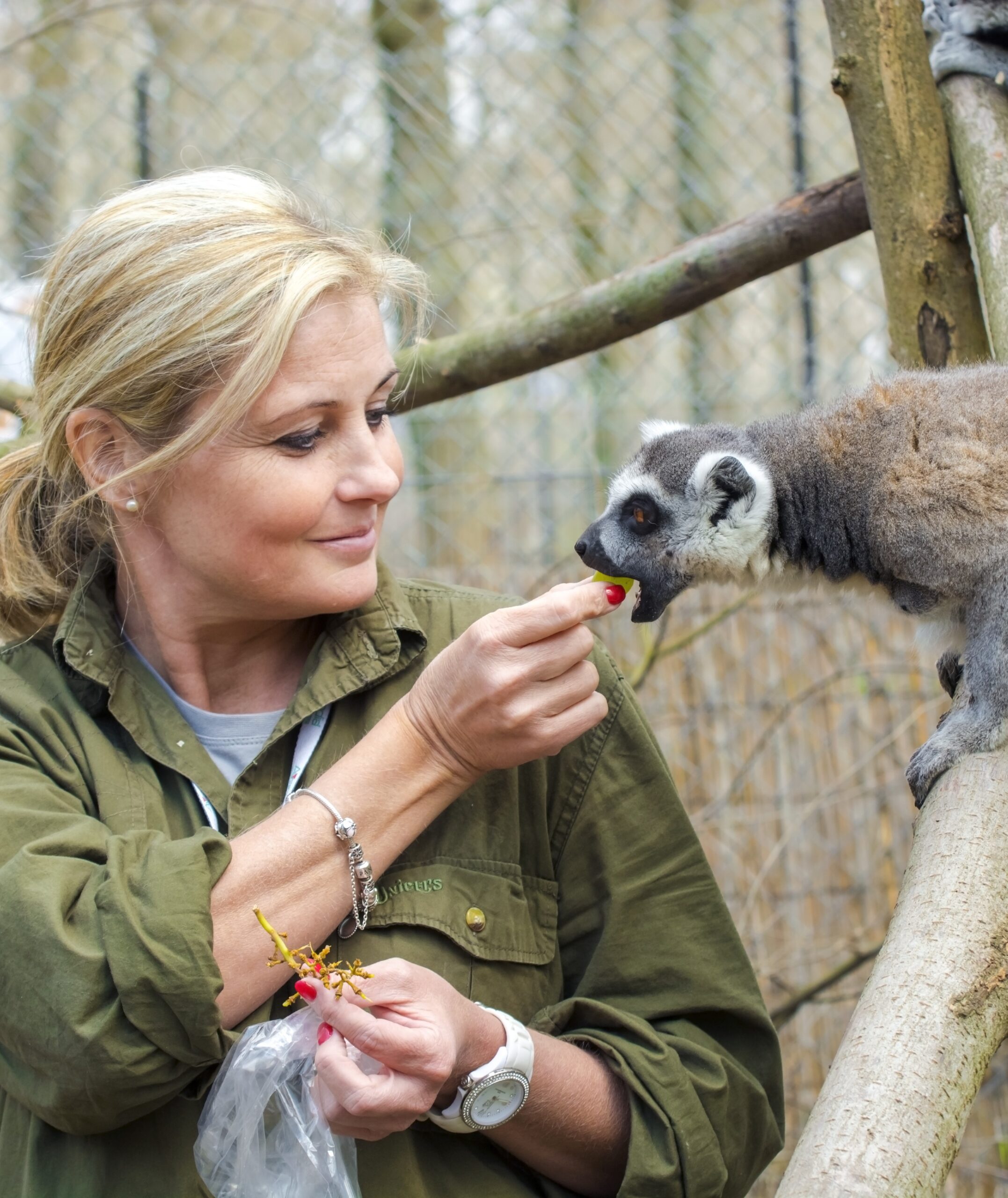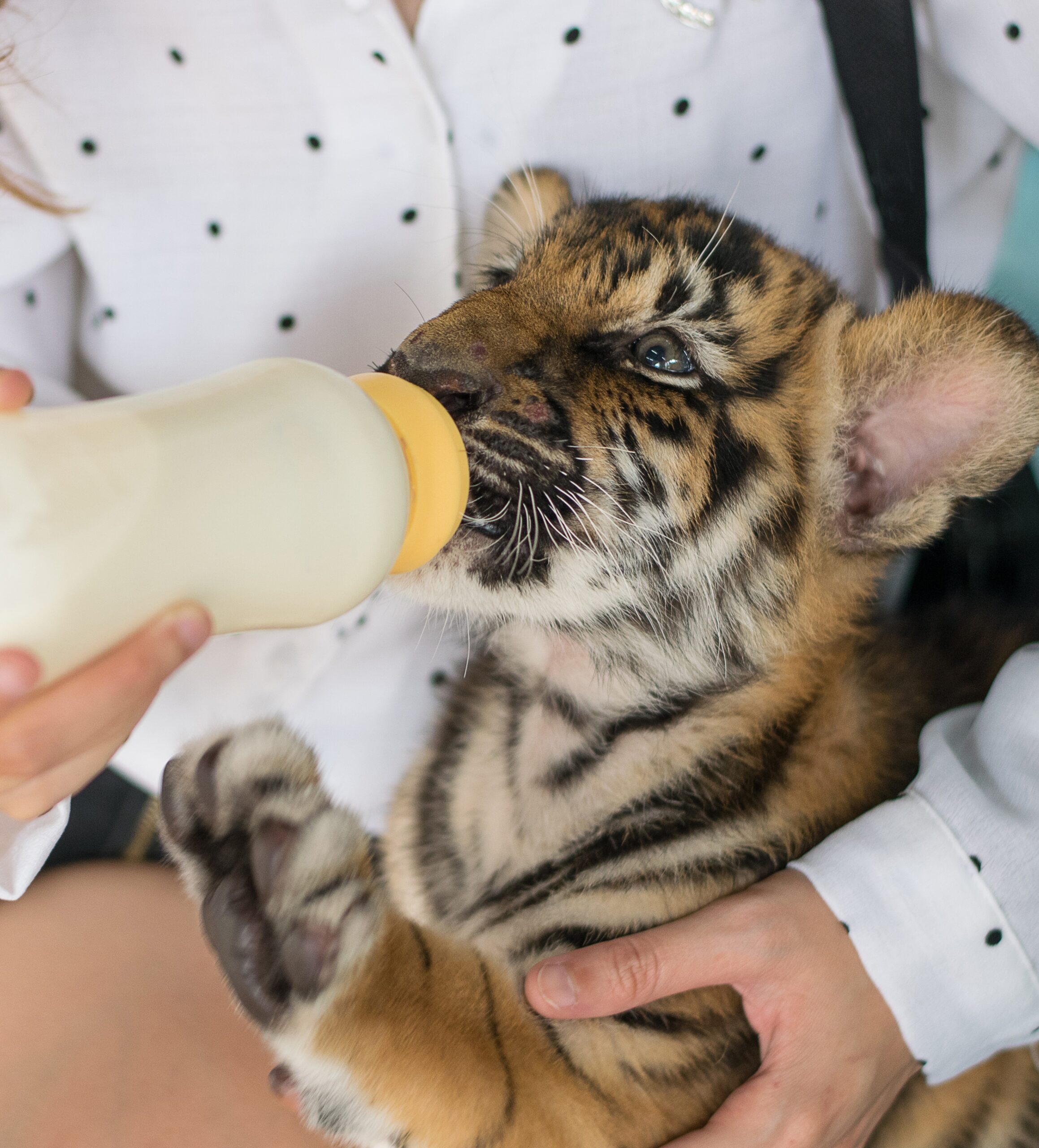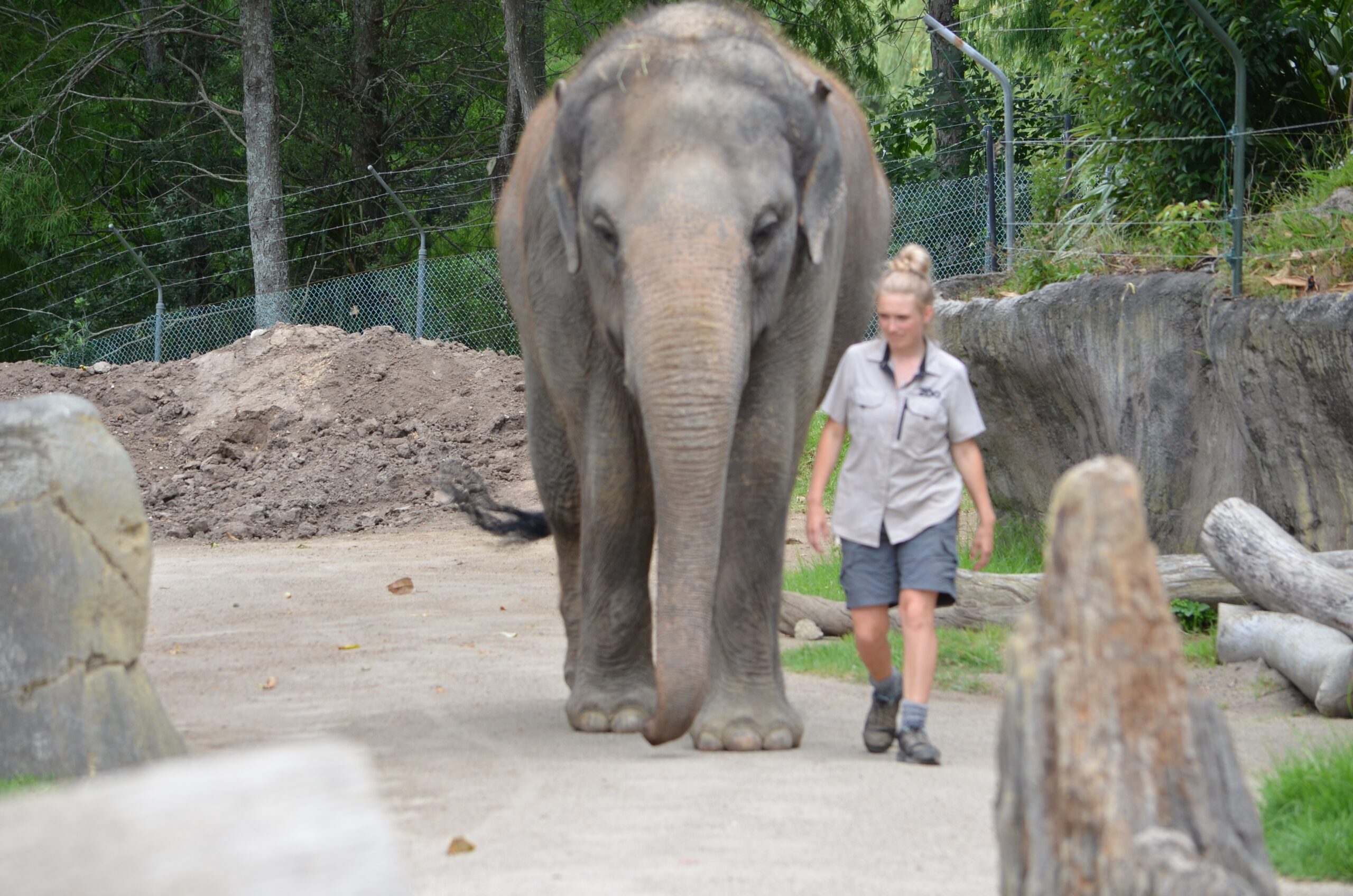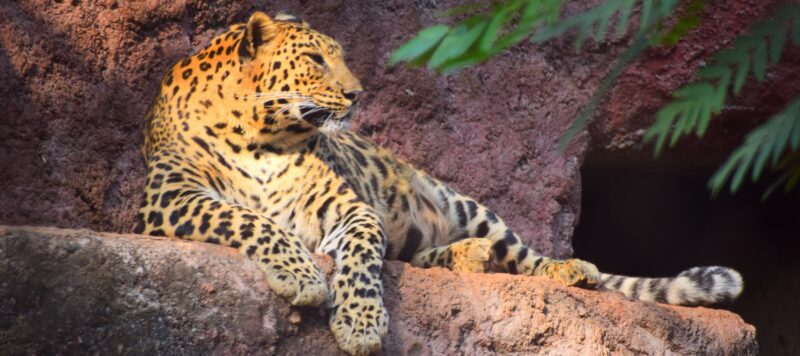What qualifications do I need to be a Zookeeper?
Everything about the qualifications you need to become a Zookeeper
Have you ever dreamed of working closely with some of the most fascinating creatures on the planet? If so, becoming a zookeeper might just be your calling. This rewarding career offers the unique opportunity to combine your passion for wildlife with a fulfilling job that makes a real difference in animal conservation and education.
As a zookeeper, you’ll play an essential role in maintaining the health and well-being of animals, ensuring they thrive in their environments. From feeding and cleaning to observing behaviours and providing enrichment activities, every day brings new challenges and learning experiences. Moreover, you’ll have the chance to engage with visitors, sharing your knowledge and inspiring others about the importance of preserving our natural world.
Embarking on this career path requires dedication, compassion, and a commitment to lifelong learning. With diverse opportunities across zoos worldwide, there’s never been a better time to start your journey towards becoming an advocate for wildlife as a professional zookeeper.
In this Zookeeper qualifications guide
Qualifications to be a Zookeeper
If you’re passionate about working with animals and considering a career as a zookeeper, understanding the qualifications required is crucial. While specific requirements can vary between zoos, there are several key qualifications and skills that will set you on the right path.
Firstly, having a strong educational background is essential. Most zoos prefer candidates with at least a Level 3 Diploma in Animal Management or similar qualifications. A degree in zoology, animal science, or biology can further enhance your prospects. These courses provide valuable knowledge about animal behaviour, nutrition, and conservation efforts.
Practical experience is equally important. Volunteering or undertaking internships at zoos or wildlife parks demonstrates your commitment and provides hands-on experience that is highly valued by employers. Such opportunities allow you to learn about the daily routines of zookeepers and develop skills in animal care.
Additionally, possessing soft skills such as communication, teamwork, and problem-solving abilities will be advantageous. Zookeepers often engage with visitors to educate them about animals and conservation efforts; hence strong interpersonal skills are vital.
Pursuing relevant training courses like first aid for animals or health and safety management can also bolster your CV by showcasing your dedication to professional development.
In summary, becoming a zookeeper requires a blend of formal education, practical experience, personal attributes, and continuous learning. By meeting these qualifications diligently, you’ll be well-prepared to pursue this rewarding career caring for some of the planet’s most fascinating creatures.
What qualifications are needed to be a Zookeeper?
Becoming a zookeeper is a rewarding career path for those passionate about wildlife and conservation. The journey to this fulfilling role typically involves gaining specific qualifications and understanding the responsibilities at different levels within the profession.
Level 2 Zookeeper Qualifications
Starting at Level 2, individuals can pursue a qualification such as the Level 2 Diploma in Animal Care, which provides foundational knowledge in animal welfare, behaviour, and handling. This level is ideal for those new to the field, offering essential skills needed to begin working with animals under supervision.
Level 3 Zookeeper Qualifications
Progressing to Level 3 involves more advanced studies, such as the Level 3 Diploma in Animal Management. At this stage, aspiring zookeepers delve deeper into subjects like zoo biology and animal nutrition. This level equips candidates with the expertise required to take on more responsibility within a zoo setting, including supervising junior staff and assisting in developing enrichment programmes for animals.
Level 4 Zookeeper Qualifications
Finally, achieving a Level 4 qualification signifies a high degree of competence and readiness for senior roles within zoological institutions. Courses like the Higher National Certificate (HNC) or Higher National Diploma (HND) in Animal Management cover complex topics such as conservation strategies and advanced animal husbandry techniques. Zookeepers at this level often play crucial roles in research projects, species management plans, and educational outreach initiatives.
Each step up not only enhances one’s knowledge but also opens doors to greater opportunities within zoological careers. By investing time in these qualifications, aspiring zookeepers can ensure they are well-prepared for the diverse challenges of caring for wildlife while contributing significantly to conservation efforts worldwide.

Professional bodies for a Zookeeper
Joining professional bodies can be a significant step for zookeepers looking to advance their careers and stay connected within the zoological community. These organisations offer invaluable resources, networking opportunities, and professional development that can enhance your skills and knowledge in the field.
One prominent organisation is the British and Irish Association of Zoos and Aquariums (BIAZA). As a member, you gain access to a wealth of information on best practices in animal care, conservation efforts, and educational outreach. BIAZA frequently hosts conferences and workshops that allow members to engage with leading experts in zoology.
Another valuable association is the European Association of Zoos and Aquaria (EAZA). This body promotes cooperation between zoos across Europe, focusing on conservation breeding programmes, research initiatives, and public education. Being part of EAZA not only broadens your professional network but also keeps you informed about international zoo standards.
For those interested in animal behaviour specifically, joining the Association for the Study of Animal Behaviour (ASAB) can be highly beneficial. ASAB offers insights into cutting-edge research on animal behaviour which can be directly applicable to daily zookeeper responsibilities.
By aligning yourself with these respected organisations, you demonstrate a commitment to excellence in zookeeping while gaining access to tools that will undoubtedly enrich your career.
Training fees to become a Zookeeper
When considering a career as a zookeeper, understanding the training fees involved is crucial for planning your educational path. In the UK, there are several levels of qualifications you can pursue, each with its own associated costs.
Starting with Level 2, this qualification serves as an introductory step into animal care. The fees for a Level 2 course typically range from £500 to £1,000. This level provides foundational knowledge and skills necessary for basic zookeeper duties and is ideal for those new to the field.
Progressing to Level 3, which is more advanced and comprehensive, you can expect fees between £1,500 and £3,000. This level delves deeper into animal management and welfare practices and often involves practical placements in zoos or wildlife parks. It’s suitable for individuals who have some experience or have completed Level 2 training.
For those aiming at leadership roles or specialised positions within zoos, Level 4 offers an even more in-depth exploration of zoological management. Training fees at this level can range from £3,000 to £5,000 or more depending on the institution offering the course. This level covers topics such as conservation strategies and advanced animal behaviour studies.
Investing in these qualifications not only enhances your knowledge but also significantly boosts your employability in this competitive field. While it may seem like a substantial financial commitment initially, it’s important to view these costs as an investment in your future career as a dedicated zookeeper committed to animal welfare and conservation efforts.

Getting experience to be a Zookeeper
Embarking on a career as a zookeeper is an exciting journey filled with unique challenges and rewarding experiences. To stand out in this competitive field, gaining hands-on experience is crucial. Volunteering at local animal shelters or wildlife conservation centres can provide invaluable insights into the daily routines and responsibilities of animal care. These opportunities not only allow you to work closely with animals but also help you develop essential skills such as observation, patience, and teamwork.
Additionally, internships at zoos or aquariums can be particularly beneficial. They offer a chance to learn from experienced professionals and understand the intricacies of different animal behaviours and habitats. Many zoos also offer training programmes that cover everything from nutrition to veterinary care, providing a comprehensive overview of what it takes to ensure the well-being of various species.
Networking with industry professionals through workshops or conferences can further enhance your understanding and open doors to future job opportunities. Remember, every bit of experience counts towards building a robust portfolio that showcases your dedication and passion for becoming an exceptional zookeeper.
In conclusion, while academic qualifications are important, practical experience is what truly sets aspiring zookeepers apart. By actively seeking out diverse experiences in animal care settings, you’ll be well on your way to turning your passion for wildlife into a fulfilling career.



